The New York Musical Festival Is Dead
Fifteen years and 400 shows later, the festival of new musicals is calling it quits.
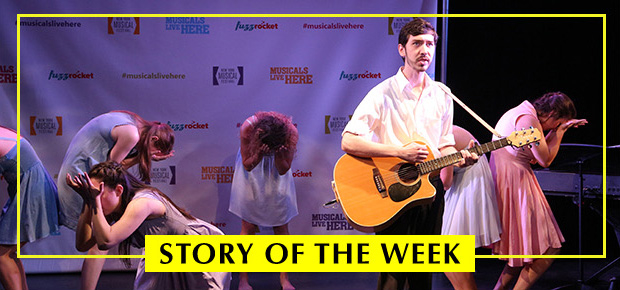
(© David Gordon)
Shortly after we published last week's Story of the Week, major news broke about the New York Musical Festival (NYMF), which is filing for bankruptcy after 15 years. While this story is technically over a week old, it merits a deeper examination. NYMF was a highlight of the summer theater schedule, and was the springboard for multiple shows and careers. It is the latest in a series of festivals that have closed in recent years after struggling against the tide of New York's brutal economics.
This Story of the Week will offer a breakdown of the festival's significance, why it had to close, and what it means for fledgling composers hoping to break into the musical theater.
What was NYMF?
In 2004, NYMF burst onto the scene with 30 fully staged full-length musicals at venues around New York City. TheaterMania's first review of the festival that year sang hosannas to Altar Boyz, the Christian boy band sendup that starred young performers Andy Karl and Cheyenne Jackson. Altar Boyz would go on to play over 2,000 performances off-Broadway.
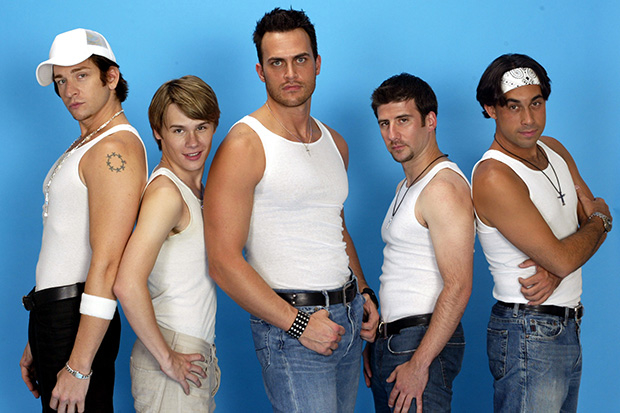
(© Carol Rosegg)
There were other NYMF success stories: [title of show], which also performed in the inaugural festival, got a run at the Lyceum Theatre in 2008, becoming the first NYMF show to transfer to Broadway. The Broadway musical Next To Normal got its start in the 2005 festival under the title Feeling Electric. It went on to win three Tony Awards and the 2010 Pulitzer Prize for Drama. While NYMF spawned two other Broadway transfers (the disappointing flop Chaplin and the ho-hum a cappella musical In Transit), the festival never quite matched the high point represented by Next To Normal.
NYMF had slimmed down in recent years: Only 10 full productions appeared in 2019. This was spun as a more curated festival, but it just felt diminished. The caliber of shows was not discernably higher, but there were fewer of them — a sign of the festival's waning health.
How did NYMF work?
Like a lot of festivals, NYMF recognized that performance space is the biggest hurdle to getting a show produced in New York, so it assumed the responsibility of booking venues. Once selected by a jury, constituent shows would pay a participation fee ($15,000 is the most recent price for full productions), and the festival would pool that money to rent the theaters. Each production would then get five or six performance slots over the course of the festival. While these show times were not in a consistent schedule of 8pm nightly, they still offered fledgling musicals access to high-profile venues in midtown for a fraction of the cost of renting them exclusively.
On its website, NYMF estimates the cost of producing a musical in the festival between $25,000 and $75,000. That's a lot of money, but considering that the budgets of off-Broadway musicals now regularly surpass $1 million, it's a bargain. Box office proceeds were divided between the festival and the shows, with each party making back a portion of the cost — although never enough to completely cover expenses for anyone.
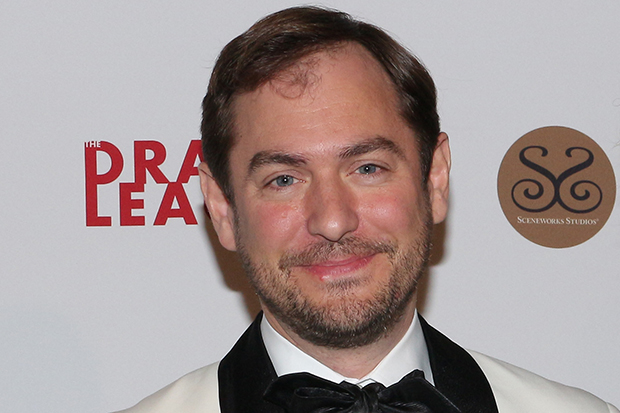
(© David Gordon)
Why did NYMF close?
The official reason is financial. A 2017 tax filing revealed the festival to have $96,000 in assets and $270,000 in liabilities, a debt burden that does not seem to have improved in the last two years. The New York Times reports that the festival's permanent staff had been working without pay since August, and that artistic director West Hyler submitted his resignation on January 1 after learning that participants in the 2019 festival still had not received their cut of the ticket sales. Executive director Scott Pyne and general manager George Youkim soon followed him out the door. On January 2, the board of directors announced that the festival would cease operation immediately. According to a press statement from the festival, "The Board and donors have been valiantly subsidizing NYMF operations for 15 years, but looking ahead, we do not see a clear path forward."
Scrappy young artists and producers are willing to take a loss on a festival production if they think it will result in exposure for their show and opportunities down the line. But NYMF had developed a reputation as amateur hour, hosting an ever-increasing number of vanity projects. Serious producers didn't show up, leading to fewer Broadway and off-Broadway transfers of NYMF musicals — although 2018's Emojiland just started previews for an off-Broadway run at the Duke on 42nd Street. It may very well be the final NYMF musical to do so.
The more a festival looks like a dead end, rather than a starting point, the fewer artists bother to participate. This means less of a chance that a show associated with that festival will go somewhere, starving the festival of both revenue (most festivals have a clause in their contracts entitling them to a percentage of the money made by that musical in future productions) and prestige. It's a death spiral that has ensnared a number of festivals in recent years.
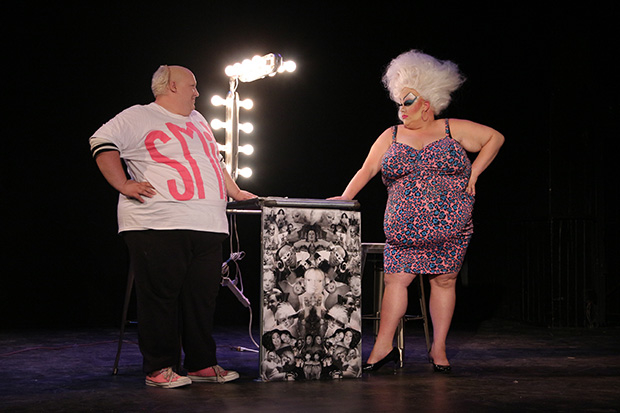
(© David Gordon)
Is this the end of the age of theater festivals in New York?
It sure looks like it. Both the avant-garde COIL Festival and the dance-centric American Realness festival have ceased operations in recent years. The once-sprawling New York International Fringe Festival, which dominated the August calendar with over 200 shows, was last year relegated to a rump state of BYOV (bring your own venue) events in October (its website promises a return to a juried application process in 2020). This certainly looks like a paradigm shift from just a decade ago.
I cannot say I will mourn the passing of the age of festivals. I produced two shows in the Fringe, and both experiences left me with a pile of credit card debt, questioning my life choices. Even as an audience member, the practice of shuffling crowds into a theater a few minutes before curtain, and then hurrying them out after curtain call so that one show can frantically strike set and make room for the next, always felt unpleasant. Rarely were the shows worth the experience, although when they were great, you always felt like you had discovered a rare gem.
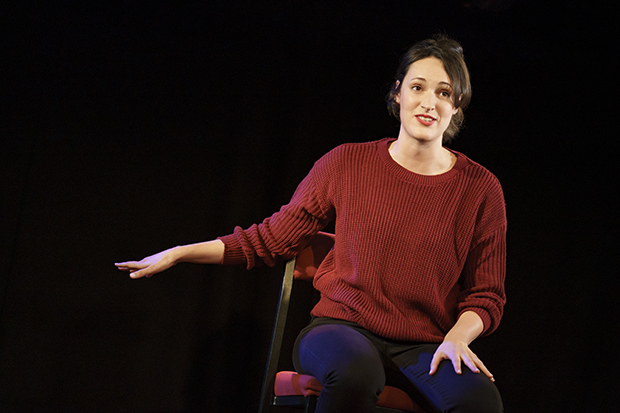
(© Joan Marcus)
The purpose of these festivals is a noble one, and that is to provide a platform for artists currently operating outside the industry level of the theater. The Edinburgh Fringe (which is the granddaddy of theater festivals) was established in 1947 as an alternative to the highly curated Edinburgh International Festival. Shows were performed on makeshift stages and in bars on the "fringe" of that more highfalutin festival. Seven decades later, the Edinburgh Fringe is a major event in the British theatrical calendar, attracting big-name and unknown performers alike. Plenty of young artists have gotten their breaks by performing in the Fringe (newly minted Golden Globe winner Phoebe Waller-Bridge first performed her acclaimed show, Fleabag, in the 2013 festival). None of the New York theater festivals have been able to replicate that level of success.
While NYMF and FringeNYC weren't actually the launchpads many hoped they would be, their absence leaves some unsettling questions for young artists: How do you get a show produced on a New York stage? Do you need an MFA and an agent to even get in the door? And if only the wealthy and their children are able to afford careers in the theater, how representative will their work be of our society as a whole? The theater festivals didn't offer great answers to these questions, but in lieu of a better system, they were the best ones we had.








